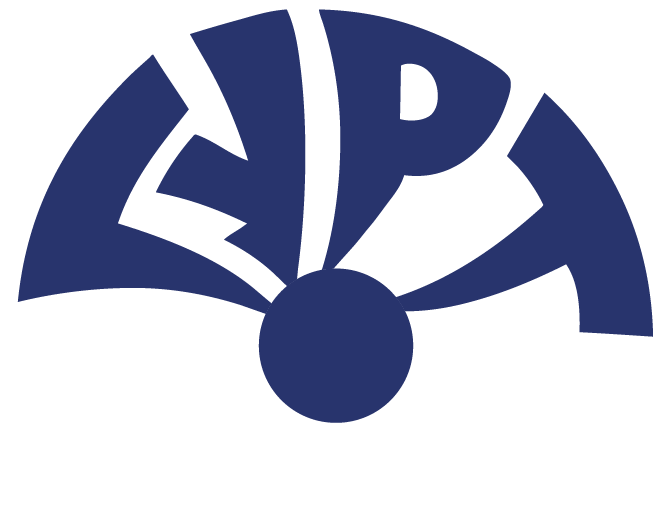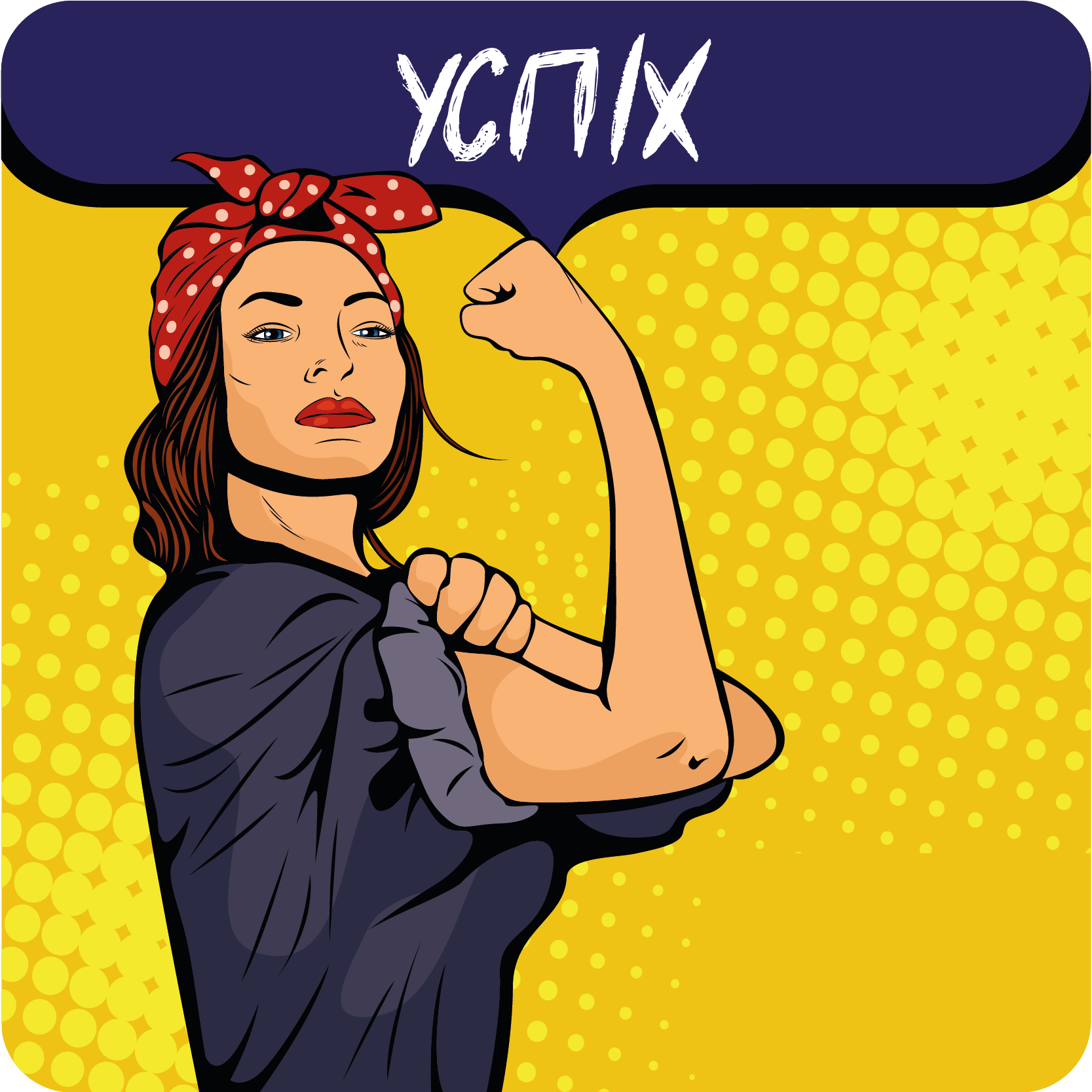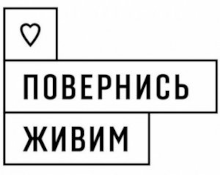


EUACI оголошує тендер на проведення аналізу основних корупційних ризиків та їх мінімізації
14.02.2025
TERMS OF REFERENCE
for providing consultancy services to conduct an analysis of main corruption risks
and mitigation measures in the field of
Regional Policy and Coordination of Structural Instruments
Background and context:
The EU Anti-Corruption Initiative (EUACI) is the flagship EU program in Ukraine funded by the EU, co-funded and implemented by the Ministry of Foreign Affairs of Denmark. The EUACI’s strategic objectives are: corruption in Ukraine is reduced; Ukraine advances with anti-corruption reform; and the reconstruction in war-affected areas of Ukraine is implemented within a framework that incorporates transparency, accountability, and integrity. Among its activities, the EUACI is providing support to Ukrainian partners in the field of EU integration and accession.
Following the granting of EU candidate status in June 2022, and the successful completion of all seven steps outlined by the European Commission , in December 2023 the European Council decided to open accession negotiations with Ukraine. On 25 June 2024, the EU held its first intergovernmental conference with Ukraine, formally opening the membership negotiations. The negotiating framework for Ukraine, in line with the revised EU enlargement methodology, requires anti-corruption to be mainstreamed throughout all the relevant chapters, which will only be provisionally closed once sufficient anti-corruption policies in that specific chapter are implemented. Bilateral meetings on chapters of EU acquis are taking place to present Ukraine’s level of alignment with the EU acquis. These meetings will also address relevant anti-corruption issues in line with the mainstreaming approach.
The acquis under the Chapter 22 consists mostly of framework and implementing regulations, which do not require transposition into national legislation . They define the rules for drawing up, approving and implementing the European Structural and Investment Funds programmes reflecting each country’s territorial organisation. These programmes are negotiated and agreed with the Commission, but implementation is the responsibility of the Member States. Member States must respect EU legislation in general, for example in the areas of public procurement, competition and environment, when selecting and implementing projects. Member States must have an institutional framework in place and adequate administrative capacity to ensure programming, implementation, monitoring and evaluation in a sound and cost-effective manner from the point of view of management and financial control.
In this context, an analytical study related to the EU acquis Chapter 22 Regional Policy and Coordination of Structural Instruments would help to identify key corruption/integrity risks and practices and formulate recommendations for their mitigation as a basis for anti-corruption mainstreaming under the chapter. Thus, the analysis would provide an important input to Ukrainian partners as well as to the European Commission in the run up to the bilateral/screening meeting in October 2025.
Cohesion Policy is the EU’s main investment policy, targeting all regions and cities to foster job creation, business competitiveness, economic growth, sustainable development, and improved quality of life. For 2021-2027, nearly €392 billion – about one-third of the EU budget – has been allocated to address diverse development needs through key funds such as the European Regional Development Fund (ERDF), Cohesion Fund (CF), European Social Fund Plus (ESF+), and Just Transition Fund (JTF). These funds operate under a shared management delivery mechanism, requiring close cooperation between the EU, Member States, and regional authorities. Ukraine currently participates only in Interreg programmes, which focus on cross-border cooperation. However, these are significantly different from the comprehensive national and regional programmes Ukraine will need to design, plan, and implement upon accession. Cohesion Policy also aligns with EU priorities such as the Green Deal, digital transformation, and economic resilience, while emphasizing European solidarity by concentrating resources on less developed regions and reducing disparities.
The study should take into account:
• current corruption and integrity risks in Ukraine – assess the design and implementation of the existing regional development policy, including cross-border programmes with the EU; identify corruption and integrity risks within the national regional policy management system (covering planning, funding, implementation, monitoring and evaluation, and institutions); and review the status of current anti-corruption measures in this area.
• risks based on the experience of EU countries – evaluate the challenges faced by the EU members that have undergone similar processes, (e.g. Romania, Poland, Hungary), to draw lessons from their successes and the obstacles encountered during or after joining the EU.
Objective:
The main objective of the assignment is to identify the main corruption challenges in the context of the EU acquis Chapter 22 Regional Policy and Coordination of Structural Instruments and to suggest ways to address them as part of the anti-corruption mainstreaming and in preparation of the upcoming bilateral/screening meeting in October 2025.
Scope of work:
The scope of work on the assignment includes the following key tasks:
- Analysis of corruption risks and practices in the sphere of regional policy and coordination of structural instruments, with the following main steps:
- drafting a detailed methodology for the study, including mapping of stakeholders (i.e. governmental authorities, non-governmental organizations, international donor projects, and the actors with informal influence in the area etc.), outlining the approach to identification of corruption risks and practices, prioritization of selected aspects for in-depth analysis, to be approved by the EUACI;
- analysis of the Ukraine’s regional policy management system: (1) policy level and decision-making procedures; 2) prioritization, evaluation, monitoring and control of the implementation of long-term planning documents; 3) procedures and approaches for identifying regional development projects, controlling their implementation and assessing their impact in the context of Chapter 22 Regional Policy and Coordination of Structural Instruments. Based on desk research of available information about corruption risks in this sphere (with particular attention to related international studies, which could be used as a basis) and consultations with a few selected experts, including from the European Commission, NACP, Ministry for communities and territories development of Ukraine. Oblast Military Administration and municipalities;
- prepare and conduct an online survey of above-mentioned stakeholders to identify aspects or functions in the Ukraine’s regional policy management system (in the context of Chapter 22 Regional Policy and Coordination of Structural Instruments) most affected by corruption risks and practices;
- based on the desk research, consultations and survey, identify the key corruption risks and practices in the Ukraine’s regional policy management system (in the context of Chapter 22 Regional Policy and Coordination of Structural Instruments) for in-depth analysis. Should be limited to the most widespread or the most impactful risks/practices;
- drafting questionnaire for in-depth semi-structured interviews with stakeholders on the key corruption risks and practices in the sphere of Regional Policy and Coordination of Structural Instruments, defining the list of stakeholders for in-depth interviews;
- in-depth analysis of the functions affected by key corruption risks and practices, including interviews with relevant stakeholders, review of legislation, review of open sources, etc.;
- defining recommended relevant measures to mitigate key corruption risks and eliminate/minimize key corruption practices in the sphere of Regional Policy and Coordination of Structural Instruments.
- Drafting a report with an analysis of corruption risks and practices in the realm of Regional Policy and Coordination of Structural Instruments and respective measures of mitigation.
Expected deliverables:
The following deliverables are expected:
• Detailed methodology of the study, including questionnaire for online survey and an initial list (to be fine-tuned with EUACI at the start of contract) of stakeholders for a survey.
• Analysis of the Ukraine’s regional policy management system (in the context of Chapter 22 Regional Policy and Coordination of Structural Instruments) based on desk research, consultations and online survey with the identified key corruption risks and practices in the sphere of Regional Policy and Coordination of Structural Instruments.
• Questionnaire for in-depth interviews with stakeholders on key corruption risks and practices in the sphere of Regional Policy and Coordination of Structural Instruments and ways to address them.
• In-depth analysis of the selected functions affected by corruption risks and practices in the sphere of Regional Policy and Coordination of Structural Instruments.
• Report on analysis of corruption risks and practices in the sphere of Regional Policy and Coordination of Structural Instruments with the following elements included:
- Executive summary;
- Introduction;
- Methodology used to conduct the study;
- General overview of the sphere of Regional Policy and Coordination of Structural Instruments in Ukraine, including key stakeholders, corruption perception and practices, key ongoing anti-corruption efforts in the area;
- Analysis of key corruption risks and practices in the sphere of Regional Policy and Coordination of Structural Instruments;
• corresponding recommended mitigating measures, and final recommendations for CMU, Ministry for communities and territories development of Ukraine, Ministry of Finance, Oblast Sate Administration, municipalities and representative of European Commission. Provide a final report after obtaining and incorporating comments from the EUACI and possibly other stakeholders (as defined by EUACI).
Deliverables are to be provided in English and Ukrainian languages. Electronic copies should be sent by email to the designated EUACI contact person.
The draft report should be provided by the 12 July 2025 and the final report by the 12 August 2025. The timeline for provision of other deliverables by the contractor would be defined in consultations with EUACI while drafting the methodology.
Timeline:
The intended commencement date is the date of signature of the contract with the selected service provider.
The final deadline for receiving all the requested deliverables is 12 August 2025.
Requirements to the Service Provider/s:
The contract will be awarded to a team of experts or organization meeting the following criteria:
• Team of experts (private entrepreneurs under Ukrainian legislation) or organization (NGO or other legal entity under Ukrainian legislation) with at least 5 years of experience of analytical work (such as conducting studies and research, policy analysis, policy advise, etc.) in the sphere of Regional Policy and Coordination of Structural Instruments, to be evidenced by project references in the past 5 years.
• The core project team should include expertise in the sphere of Regional Policy and Coordination of Structural Instruments as well as in related legal and policy making or policy advise, including, of cross-cutting aspects, evidenced by CVs.
• Core project team should include at least
1) one expert with at least 10 years of experience in the sphere of Regional Policy and Coordination of Structural Instruments as well as in related legal and policy making or policy advise, including, of cross-cutting aspects
2) one expert with at least 5 years of experience in one of the following areas: anti-corruption, anti-bribery, compliance, good governance.
• Excellent written and oral communication skills in English and Ukrainian.
Monitoring and evaluation:
Evaluation of performance:
The performance of the contractor will be judged upon reaching the purpose of this contract as well as obtaining its results, as indicated in the sections "Objective" and "Expected Deliverables" herein respectively.
Special requirements:
By signing the contract, the contractor (and its representatives) agree to hold in trust and confidence any information or documents ("confidential information"), disclosed to the contractor or discovered by the contractor or prepared by the contractor in the course of or as a result of the implementation of the contract and agrees that it shall be used only for the purposes of the contract implementation and shall not be disclosed to any third party without EUACI authorisation.
The contractor reports to the EUACI. The contractor shall de-brief the EUACI prior to finalising the assignment.
Bidding details:
The bidder or team of bidders must submit the following information to be considered:
● The CV/CVs (max. 3 pages each) of core project team members (including lead expert).
● A list of assignments related to this project executed during the last five years.
● At least one example of analytical study, report or other similar document prepared by the organization/experts on the sphere of Regional Policy and Coordination of Structural Instruments.
● A financial offer presented in EUR with disaggregation by expenses, including all taxes or other such charges.
Budget:
The total contract budget cannot exceed EUR 32,000.
How to apply:
The deadline for submitting the proposals is 28 February 2025, 18:00 Kyiv time.
The proposals shall be submitted within the above deadline to [email protected] and [email protected] indicating the subject line “Tender: “Analysis of corruption risks and practices in sphere of Regional Policy and Coordination of Structural Instruments_Name”.
The applicants will receive an auto-reply from [email protected] when the application is received. If an auto-reply is not received, please contact the EUACI.
Bidding language: English.
Any clarification questions for the bid request should be addressed to [email protected] and [email protected], no later than 20 February 2025, 18:00 Kyiv time.
Evaluation criteria:
Bids will be evaluated against the criteria provided below:










Коментарі